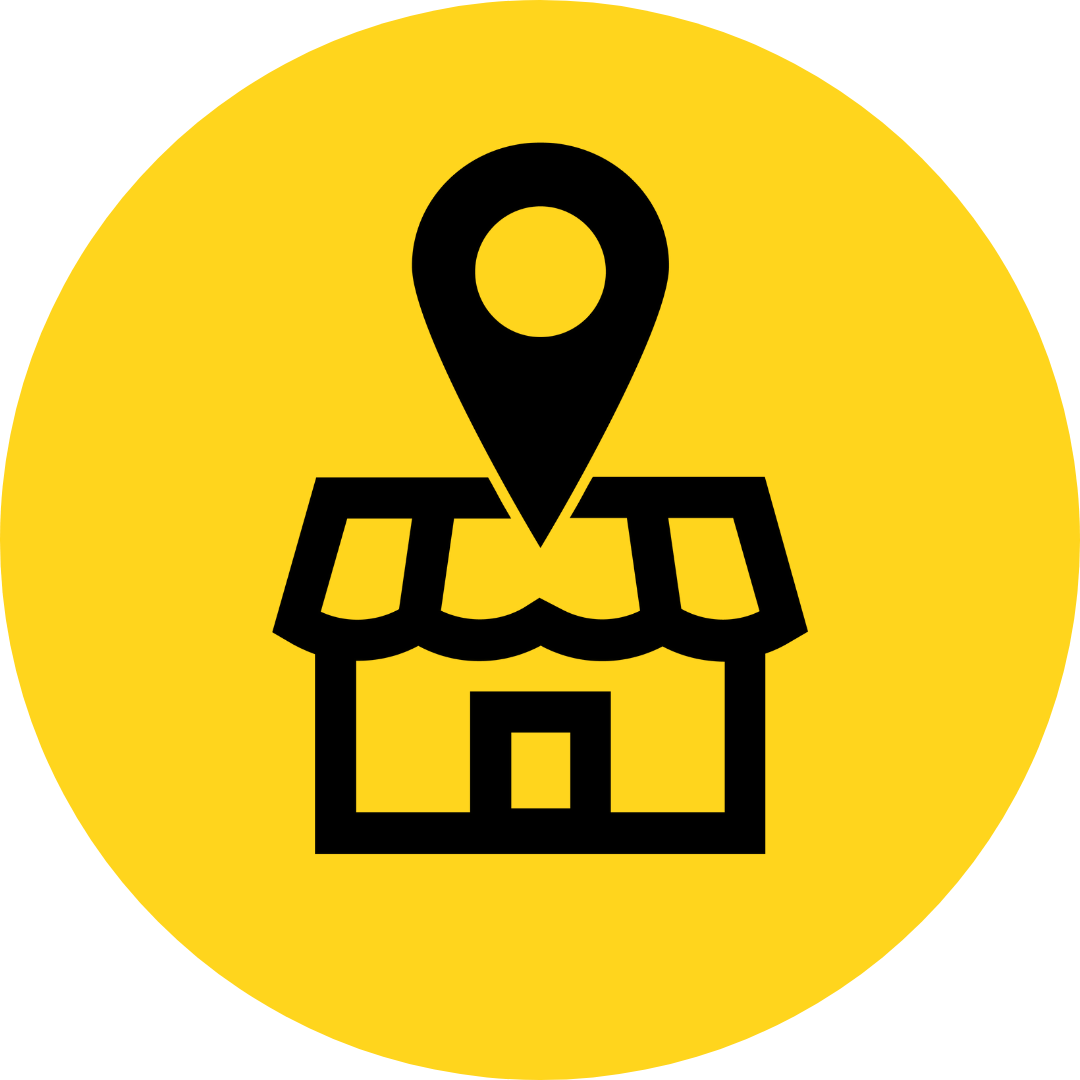Set SMART Goals Before Reopening Your Business After the Lockdown
By Robin Thieme
Full article from SCORE here.
In just a few months, the pandemic has turned a lot of conventional wisdom on its ear. Many of the rules that were once taken for granted in the business world no longer apply when your company may be partially or completely shut down. This situation is completely unprecedented, so it’s not surprising that businesses are having a hard time figuring out how to handle it.
However, as you contemplate reopening or bringing your business to full time, there are a number of things to keep in mind—both those you must do immediately and others you should decide at a later date.
Now more than ever, I recommend that you set SMART goals for yourself.
SMART goals are Specific, Measurable, Attainable, Relevant, and Timely.
SMART Communication
Communication is important in any organization, but it is even more vital when employees are stuck at home and everything is uncertain. Now, more than ever, it is important to pay attention to everything: your numbers, your employees, your customers, etc. Critical information may come from unexpected sources.
It is particularly important to stay in touch with your finance and accounting teams—whether they are in-house or outsourced. The new normal in finance and accounting is financial transparency. Build trust with your employees by sharing your budgetary concerns, reopening plans, and contingency plans.
In addition, remember that you have multiple stakeholders. Ensure there are established paths for receiving feedback not only from employees, but also from vendors/suppliers and customers using online project management tools that make it easier to stay in touch. You may find that the usual ways you delivered your products or services need to be modified. Embrace a "yes, and" philosophy to stay flexible in your thinking.
SMART Documentation
Make sure you are documenting in a smart and flexible manner. Of course, the top priority is figuring out how everyone will be paid during the reopening process.
But good documentation goes beyond keeping accurate financial records. Safety should be your number one priority. Customers, employees, and other stakeholders will want to know that your workplace, products, and services are safe. Document—and be prepared to publicize—employee training and safety measures (such as mask-wearing), sanitizing of your workspace, and other measures you take to ensure safety.
Pay particular attention to the needs of front-line workers who are dealing with the public or otherwise exposing themselves to risks. Ensure that they are treated in a non-discriminatory manner and given the resources they need to protect themselves—and document the measures you take. This isn’t just the right thing to do; it also shields your company from liability.

